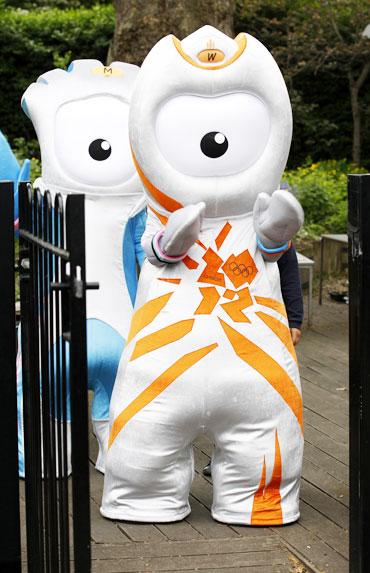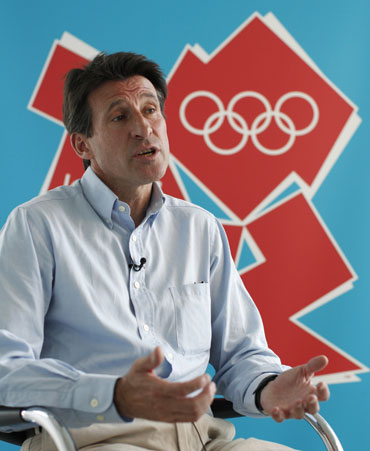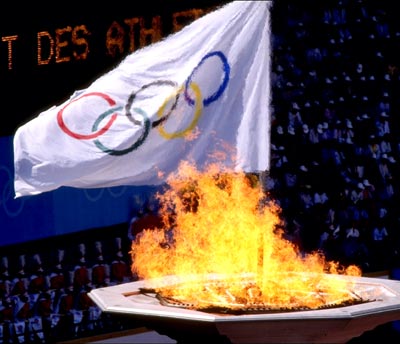Companies will try to piggyback this year's London Olympics to win themselves free advertising, despite some of the strictest rules ever, by upstaging rivals paying millions of pounds to be official sponsors, a survey said.
Sponsorship spending has soared during the past 20 years, attracting so-called ambushers, companies trying to associate themselves with an event without paying for the rights.
A survey by Coventry University Business School said official sponsors, organisers and fans at the London Games should expect intense ambush marketing.
Olympic organisers will work hard to protect sponsors' investments by creating "ambush police", and establishing exclusive marketing zones within a set distance of venues. Give-aways and aerial advertising will be regulated.
However, experts warned that small companies could also fall foul of special legislation covering Olympic marketing without realising it, resulting in a fine of up to 20,000 pounds.
'LOCOG will be taking a zero tolerance approach to ambushing'
Sports fans could have items taken off them at Olympic stadiums, while they also run the risk of losing their clothes if they conflict with official sponsors' wares.
-'Olympics are on time and on budget'
One of the most high profile cases of ambush marketing was at the soccer 2006 World Cup in Germany where some spectators were forced to watch the game in their underwear after being forced to remove their orange lederhosen linked to an ambusher brewer.
"The London Organising Committee of the Olympic Games (LOCOG) will be taking a zero tolerance approach to ambushing," report researcher Nick Burton said in a statement on Thursday.
"It is essential that businesses are aware of what is deemed to be ambushing and what the ramifications will be of being identified as an ambusher."
Global sponsorship spending has risen from about $2 billion in 1984 to an estimated $43.5 billion in 2008, the report said.
As sponsorship has become big business, so too has ambushing. About 600 cases of global ambush marketing have been recorded during the past four years, the report said.
'Small enterprises are already falling foul of the law'
LOCOG has attracted 700 million pounds of sponsorship through domestic sponsors, about a third of its total budget, with sums varying from 10 million pounds to about 40 million pounds. IOC sponsorships are worth more.
For their millions, big business can use the Olympics logo in their marketing and link their brands to the Olympic movement.
The London Olympic and Paralympic Games 2006 Act has been described by experts as the most comprehensive and exacting regulation on advertising and marketing ever at an Olympics.
Small and medium-sized companies could accidentally infringe simple intellectual property rights, including the use of trademarks, copyrights, the unlawful manufacturing of merchandise or the illegal redistribution of tickets.
"A lot of small and medium-sized enterprises, in particular, are already falling foul of the law," the report's author Simon Chadwick said.
LOCOG said there had been hundreds of cases of ambush marketing in the past seven years, mainly of low level infringement.





Comment
article